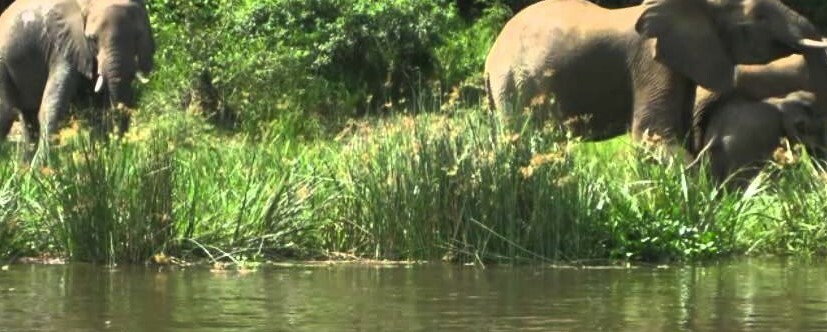A South Sudanese minister has warned armed groups against poaching of wildlife, saying tourism can help improve the country’s overall economy.
Speaking in Wau town of Western Bahr el Ghazal State on Friday during the graduation of the unified forces, Minister of Wildlife, Conservation and Tourism Rizig Zachariah Hassan said South Sudan can benefit more by investing in tourism if the security of wildlife is not threatened by poachers.
“During this graduation, I have seen a strong force of wildlife. The wildlife sector has graduated a good number, and as a minister responsible for the ministry, I can say congratulation for what I have witnessed here,” Rizig said.
“If the rest give us a chance to protect our animals, the lack of salaries will be solved. Sometimes, civil servants do not get paid salaries for two to three months, but if we are given peace and security, we will settle this gap by investing in tourism,” he said.
“We need security and peace because the biggest enemy in wildlife is a person carrying a gun,” he added.
Rizik said the newly graduated forces in the greater Bahr el Ghazal region will work to stop poaching.
“In the greater Bahr el Ghazal region, we have five game reserves, and people should know them very well. In Aweil, we have Achana and Cholkow, these are two game reserves, and they are very rich. In Western Bahr el Ghazal, we have Bormadina and Namatina; in Warrap, we have Misara. In Lakes, we have two national game parks, Shambe and southern National parks,” he explained.
South Sudan has six national parks and 13 game reserves which cover more than 13 percent of the country’s terrain.
The country has the world’s second-largest animal migration and is considered a good place for ecotourism, according to the World Travel and Tourism Council (WTTC).
However, the tourism industry made up only 1.8 percent of South Sudan’s GDP, WTTC said in 2013.




